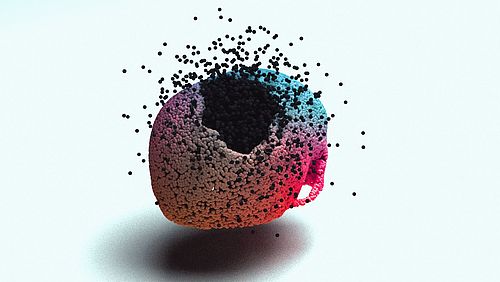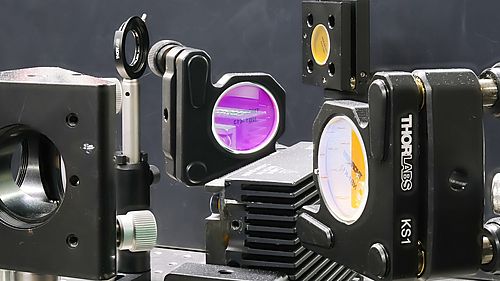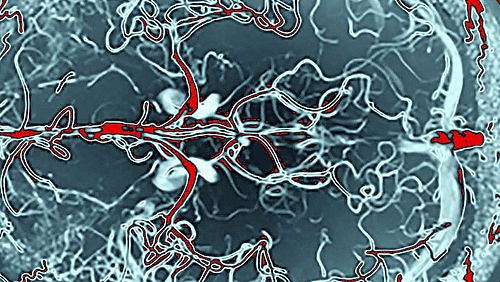Research
Research at the Department of Biomedical Engineering is strongly translational and driven by close collaborations with the University Hospital, the University Children’s Hospital, Clarunis, and various other partners. At DBE, we advance knowledge and technology across engineering, clinical practice, natural sciences, and the life science industry.
Our activities are structured into six competence clusters:
- Biomaterials & Regenerative Surgery,
- Clinical Biomechanics,
- Data Driven Modelling & Analysis,
- Emerging Analytical & Forensic Technologies,
- Lasers & Robotics,
- Medical Imaging
In addition, DBE leads one flagship project, MIRACLEII, which aims to develop a robotic endoscope enabling contact-free laser bone surgery.







